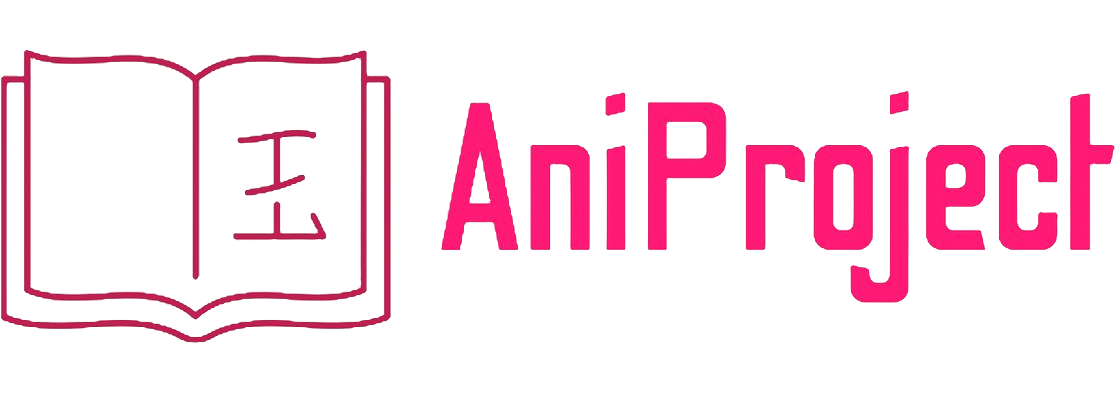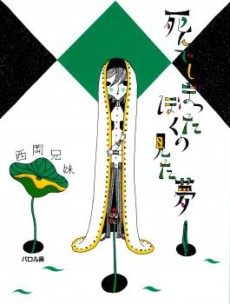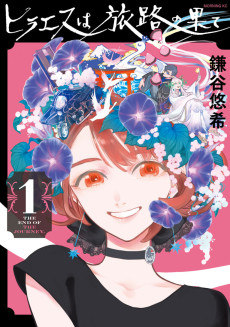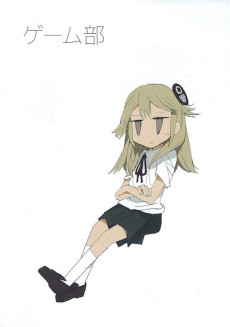MISSION-CHAN NO DAIBOUKEN
STATUS
COMPLETE
VOLUMES
Not Available
RELEASE
Invalid Date
CHAPTERS
7
DESCRIPTION
A young girl finds herself waking up in a strange, harsh world after committing suicide.
Was originally self-published in 2006 on a now-defunct website made by Imitation Crystal.
CAST
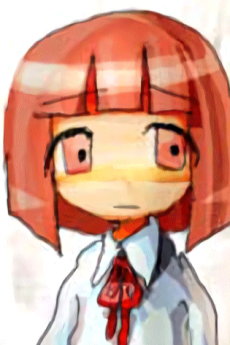
Mission-chan
CHAPTERS
REVIEWS

mikonm
55/100This is a pretty short and simple work that seems to introduce the authors thoughts on life.Continue on AniListThis is a fairly short little comic about a girl's time in the afterlife after death, who partakes in 'missions' from her overseer in the afterlife in order to receive various rewards.
Readability-wise, I'd say this is a fairly confusing yet short experience, as combined with a general vagueness and mystery, there are frequent panel and page jumps between which I believe makes it easy to lose track of what is meant to be happening with the plot. The character motivations are never clearly pictured, and it's hard to tell what exactly the whole point of everyone being here is or how they got to this supposed 'afterlife'. The dialogue is fairly stilted and unnatural, coming across quite mechanical when combined with the cold overarching tone, and so it is hard to feel any emotional connection to the characters or their situation. I think one of the only times I felt particularly connected or moved emotionally to a degree was during chapter 4, where after looking forward to enjoying the exhibition, Mission-chan is in the end let down and disappointed by how boring it actually is. Despite this though, I was still confused as to why she was suddenly excited in this particular chapter, after never showing any other emotion previously, so it just ended up feeling like a bit of a break in her character. In the same chapter she says how she must hold on to her joy, which I can't comprehend because she doesn't seem to have joy, as she hated her life and then decided to end her life, and then thought of it repeatedly up until this chapter, so why is she suddenly joyful? It's very hard to understand the character or what they actually want because of all these contradictions.
Adding on to the previous discussion of the confusing characterisations throughout, I feel as if the world-building is also particularly confused - it was stated this is the afterlife, but there are a bunch of other people here as well who kill animals and can be hurt or killed. I'm not sure if this was just the image of the afterlife they were portraying, or if during the writing they forgot it was the afterlife and just continued writing as if Mission-chan had simply just been kidnapped and taken somewhere. During the final mission, Mission-chan is tasked with bombing a school, killing the children inside - this is never explained or elaborated on, it's simply just a job she has to undertake, but it raises the question of if these people do die multiple times throughout this afterlife? I think this set-up could've worked fine if it was just a little bit more fine-tuned and executed a little bit more clearly.
The art is not impressive in terms of new age modern manga standards, but I do find the style used particularly endearing for this type of short comic - with crudely drawn characters with little in terms of clean line work, embracing a very hectic and loose feeling to the whole story. There are sections with more realistic art, or even portions of newspaper clippings in a type of collage, but I genuinely enjoy the uneasy feeling from the chapter title pages. I think this sort of style is actually quite effective in stories with such a vague-ness and mystery to them, even if it is not the most technically advanced art that there is.
All in all, the plot, world, and characters, are all particularly surface level and not much is given to these areas in terms of development. To me, it comes across more as a way for the author to simply express how they feel about the world and their nihilistic observations, rather than a telling of a story, or a way of showcasing their characters in their world (honestly it probably seems similar to a vent work). As for what I actually took away from this, it made me think how really anyone can make something for others to experience if they truly want to and I admire the author for doing such, although I think they would have benefitted from putting some more thought into the direction that they wished to take the story, rather than simply what ideas they would like to bring up through it.

Ichiza
80/100A abstract tale juxtaposed with equally disorienting art and world. Worth it if you just need something to think about.Continue on AniListMission-chan ni Daibouken: Review
This is my first review so do pardon the rookieness of the review. Major spoilers ahead.
I think the main point of this manga is that it is an antithesis to existentialism. That is, however you might try to give meaning/order to your life, at the end of the day on an objective level, life is unfathomable and choas.
There are various instances where she was given a choice on what to choose but the “why” of it is made to be vague. What I think is these represent various things, viz. telephone,organiser and camera represent various entities that we may adhere to, to escape the vanity of life. The following are the things with their respective symbolism, that I believed it to have, that are ways known to escape the chaos of life:- Telephone- Being social and interacting with fellow humans.
- Organiser- Creating order in life by structuring one’s life
- Camera- Art
- Reasoning- reason itself to escape the suffering of life.(This was still a choice on her part, the choice to be rational)
- Work- Keeping ourselves occupied
But these entities which we choose to give meaning to our life are juxtaposed to their short comings in this manga. Like the organiser getting useless as she begins to scribble and make it chaotic, working to a unhealthy level makes her suicidal and camera getting insufficient for her enjoyment. For the others, I haven’t figured out their antithesis. For reasoning, it might be her unreasonable pretension she puts on while playing the piano and for telephone, it might be the destruction of the social structure of the school at the end.
Futhermore, the art, I believe to be, is intentionally drawn as it is, to portray the chaos of life. The red lines as borders, abstract and distorted panels, and the uneven lines of the characters represent the chaos.
And, finally for the end of my argument, her being hanged in the cover photo, represents the death to the mission in life(The meaning of life that we give ourselves) as her name is literally mission(mission chan)
i.e an antithesis to existentialism.

These are the pages that struck a chord in me.
Reason, having no human element, leads me to the idea which rationalist identity to be with. That senses can deceptive and that true knowledge can only be obtain through reasoning. But that deceptiveness and vulnerability that it causes in itself makes “human”. As human are characterised by their mistakes. If one is perfect every time, more often than not, they are labelled as a robot.

As a creative individual myself , atleast what I would like to believe, this page truly resonates with me. Although, not in the perspective of the action of doing specifically painting, but art as a general creative process. Perfectionism can be a devil sometimes as right pointed out in the manga too with mission chan doing soliloquy of her being in pain due to her perfectionism.
PS: I might be 100% wrong here but art is, at the end of the day, a conversation. Meaning prescribed by the creator may not be the sole meaning it can have.
SIMILAR MANGAS YOU MAY LIKE
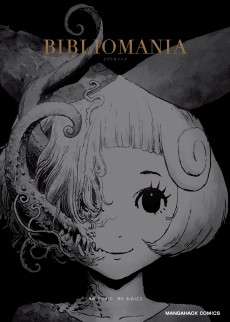 MANGA AdventureBibliomania
MANGA AdventureBibliomania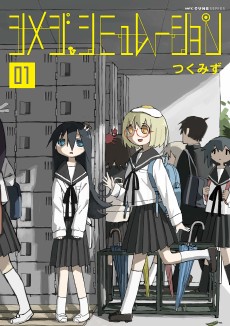 MANGA ComedyShimeji Simulation
MANGA ComedyShimeji Simulation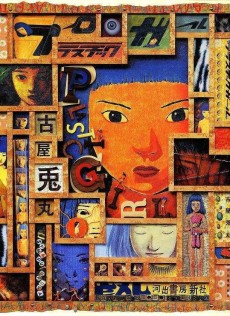 MANGA DramaPlastic Girl
MANGA DramaPlastic Girl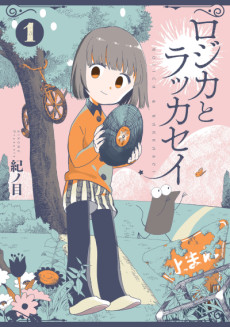 MANGA AdventureRojika to Rakkasei
MANGA AdventureRojika to Rakkasei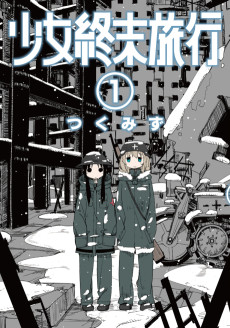 MANGA AdventureShoujo Shuumatsu Ryokou
MANGA AdventureShoujo Shuumatsu Ryokou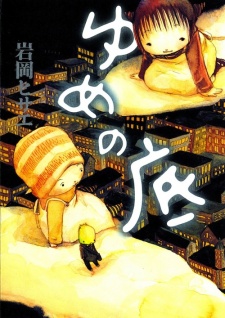 MANGA PsychologicalYume no Soko
MANGA PsychologicalYume no Soko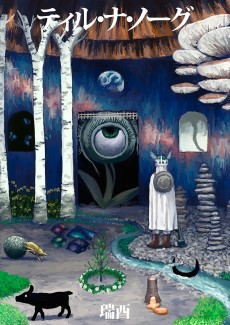 MANGA HorrorTir Na Nog
MANGA HorrorTir Na Nog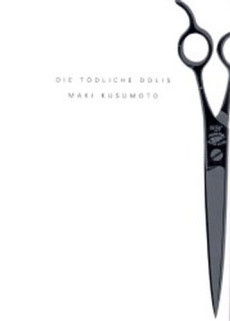 MANGA DramaChishiryou Dolis
MANGA DramaChishiryou Dolis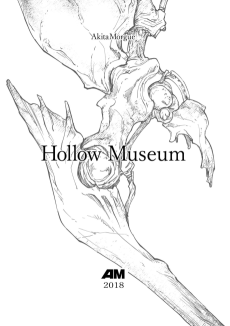 MANGA DramaHollow Museum
MANGA DramaHollow Museum
SCORE
- (3.1/5)
MORE INFO
Ended inInvalid Date
Trending Level 1
Favorited by 61 Users

